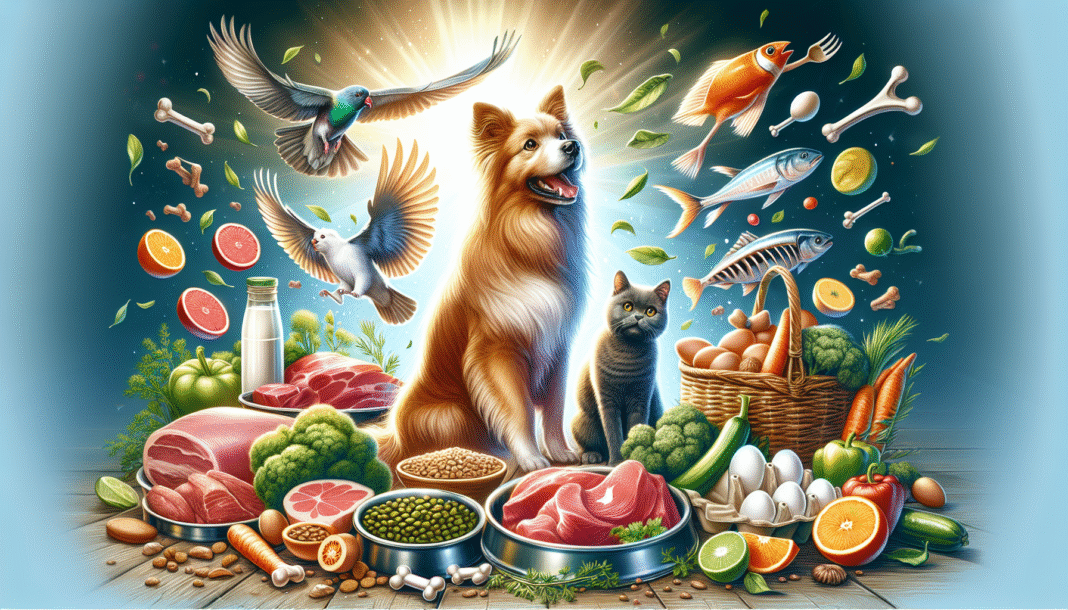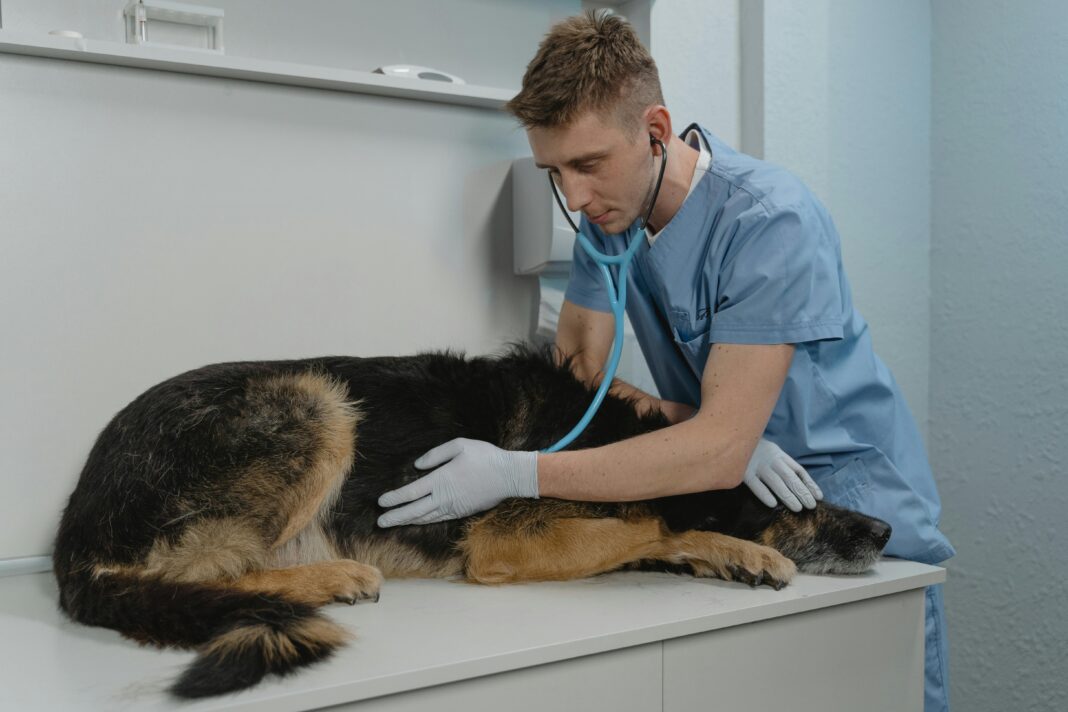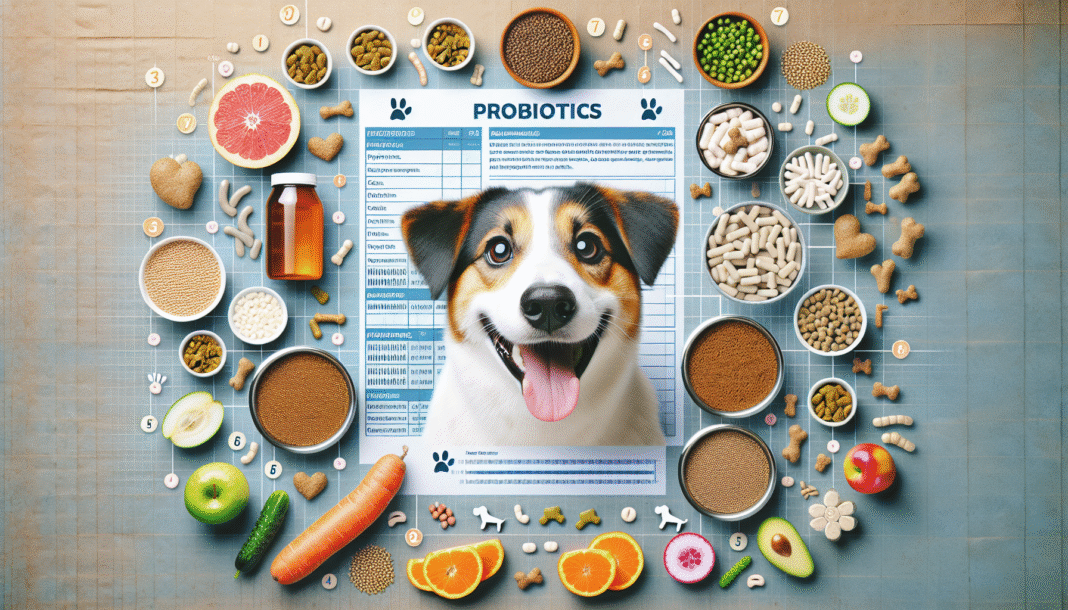As a pet owner, ensuring your furry friend lives a long, healthy life is a top priority. A strong immune system is key to preventing illnesses and promoting overall wellness. One of the best ways to enhance your pet’s immunity is through proper nutrition. Let’s explore essential nutrition tips that can help strengthen your pet’s immune system and keep them thriving.
Understanding Your Pet’s Immune System
The immune system is your pet’s defense mechanism against pathogens, infections, and diseases. A well-functioning immune system helps combat everything from the common cold to more severe health issues. Factors that can weaken your pet’s immunity include poor diet, stress, lack of exercise, and certain medical conditions. Keeping these factors in mind, let’s look at how nutrition plays a vital role in bolstering immunity.
Essential Nutrients for Immunity
1. Antioxidants
Antioxidants are crucial in fighting free radicals, which can damage cells and lead to chronic diseases. Foods rich in antioxidants can help strengthen your pet’s immune response.
-
- Sources:
-
- Blueberries
-
- Spinach
-
- Carrots
-
- Sweet potatoes
-
- Sources:
Tip: Consider adding a handful of blueberries to your pet’s meals or offering carrot sticks as a healthy treat.
2. Omega-3 Fatty Acids
Omega-3 fatty acids are known for their anti-inflammatory properties. They can help improve immune function and reduce the risk of chronic diseases.
-
- Sources:
-
- Fish oil (salmon, sardines)
-
- Flaxseeds
-
- Chia seeds
-
- Sources:
Tip: Adding a fish oil supplement to your pet’s diet can make a significant difference. Always consult your veterinarian for proper dosages and types of supplements.
3. Vitamins and Minerals
Certain vitamins and minerals are essential for optimal immunity.
-
- Vitamin C supports immune function and is a powerful antioxidant.
-
- Vitamin E helps fight free radicals and aids in proper immune response.
-
- Zinc and selenium are minerals that play a role in immunity.
Sources:
-
- Leafy greens
-
- Nuts (for dogs; avoid for pets like cats)
-
- Whole grains
Tip: Include a variety of vegetables in your pet’s diet to ensure they receive a broad spectrum of vitamins and minerals.
Diet Types: Which is Best for Immunity?
1. Dry kibble vs. Wet food
Balanced commercial diets, whether dry kibble or wet food, can provide a solid nutritional foundation. Look for high-quality brands that list whole meats and vegetables as primary ingredients.
2. Homemade diets
If you prefer home-cooked meals, consult with your veterinarian or a pet nutritionist to ensure your recipes include the necessary nutrients for your pet’s immune system.
Tip: Always introduce new diets gradually to avoid digestive upset.
Hydration: Essential for Immune Health
Never underestimate the power of hydration! Water is vital for your pet’s overall health and can affect immune function.
Tips for Encouraging Hydration:
-
- Provide fresh water daily.
-
- Consider adding wet food to their diet.
-
- Use pet water fountains, which can encourage drinking.
Supplements: When and What to Consider
While a balanced diet is ideal, some pets may benefit from additional supplements.
Common Immunity-Boosting Supplements:
-
- Probiotics: Support gut health, which is closely linked to immune function.
-
- Multivitamins: Can fill gaps in nutrition for picky eaters or pets with special needs.
Tip: Always consult your veterinarian before starting any new supplements.
Lifestyle Factors Affecting Immune Health
1. Regular Exercise
Physical activity is not only great for maintaining a healthy weight; it also promotes a healthy immune system. Regular exercise reduces stress and encourages better circulation, which helps immune cells travel more effectively throughout the body.
Tip: Aim for daily walks, playtime, or engaging activities that suit your pet’s energy level.
2. Stress Management
Just like humans, pets can experience stress, which negatively affects their immune function.
Tips for Reducing Stress:
-
- Create a stable routine for feeding and walks.
-
- Provide a safe, quiet space for relaxation.
-
- Engage in routine grooming and bonding activities to enhance their comfort.
Regular Veterinary Checkups
Routine veterinary checkups can help identify health issues before they escalate. Regular vaccinations also protect against preventable diseases, contributing to overall immunity.
What to Expect During a Visit:
-
- Health assessments
-
- Blood tests for nutrient levels
-
- Vaccination updates
Tip: Keep a record of your pet’s vaccinations and appointments to stay organized.
Final Thoughts
Boosting your pet’s immunity starts with understanding the role of nutrition and overall health. By incorporating antioxidant-rich foods, omega-3 fatty acids, essential vitamins, and lifestyle factors, you can enhance your pet’s health and well-being. Always be proactive in your pet’s care, and consult with your veterinarian to tailor the best approach for your beloved companion. Your pet deserves the best start to a healthy life!





